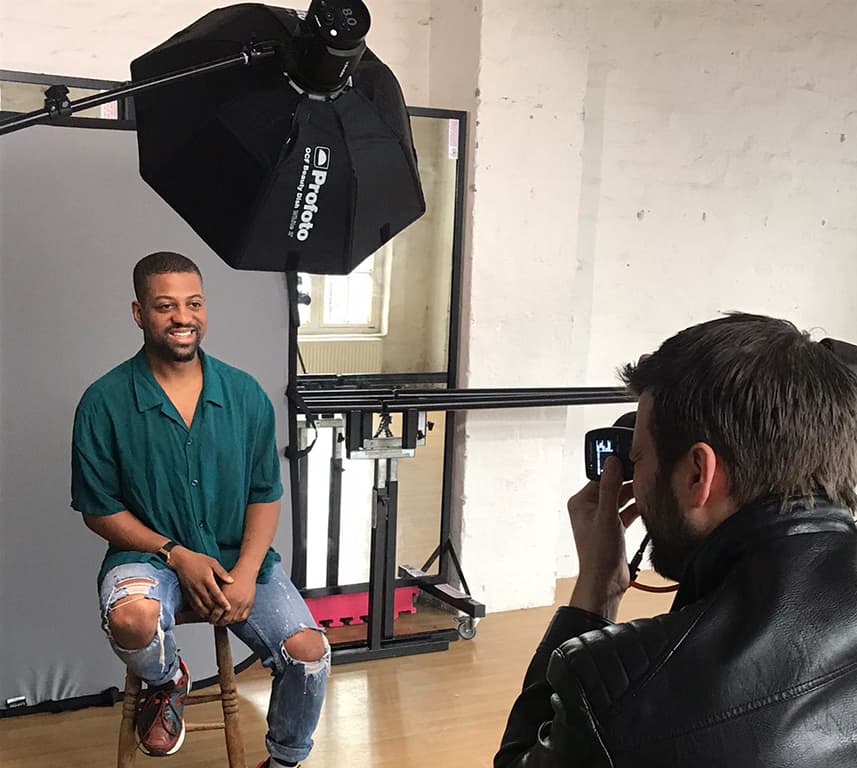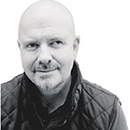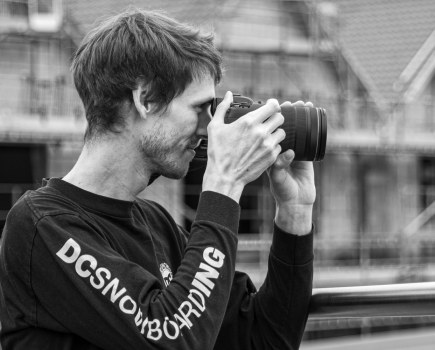Alex Benyon, a wedding and portrait photographer who works a lot with Sony, has started an inspiring black-and-white project focussing on people with mental health issues
Can you give us a bit of background to this portrait project?
I was diagnosed with clinical depression in my early 20s. In my early 30s I was having a particularly difficult period and initially took up photography as a hobby – an outlet, something to focus on.
It immediately had such a positive impact on my mental health and I fell in love with it. I started with street photography, which I really clicked with, and it got me out into the fresh air. I have made some great friends through photography and worked with Sony, been to Ethiopia to shoot, etc.
I started to try and think of ways I could help others who have experienced mental health problems. I decided on this portrait project, where I would also interview people and get them to share their mental health stories in the hope it will help and inspire others. Or maybe just remind people seeing the project that they can ask for help.

Hannah
Why did you decide to shoot your subjects in this informal, relaxed way?
There are some great projects that have a very visual artistic representation of a person’s mental health problems, but I wanted it to be more about the person behind the label. Just because somebody has depression. like myself, it doesn’t mean we never laugh or smile!
There are physical sides to it, but the core of mental health problems is invisible. It’s been amazing over last 18 months with the pandemic how many people have started going to get help, but you can’t judge how bad somebody’s problem is based on face value. I want the images to break stereotypes but also to give the person to chance to share their story and to emphasise that it’s OK not to be OK.

Naomi
I also interview the subject on video; each portrait session has a 10 minute slot. On the website I get them to write their own blog entries, as it’s important that it is written in their own words.
My end goal would be to partner with a mental health charity like Mind and eventually have enough portraits and stories to collect in a book. I want to shoot as many different people from as many different backgrounds as possible. Everyone is affected by mental health issues, all over the world.
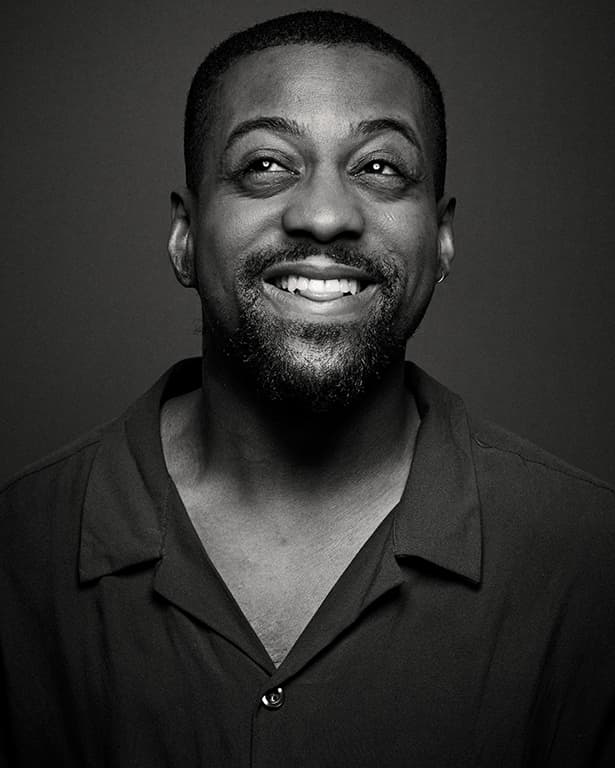
Justyn
How did you find your subjects?
I found people through social media, and some people I already knew… Maryam (below) did a brief documentary for the BBC about her mental health during Ramadan. I contacted her through Twitter.
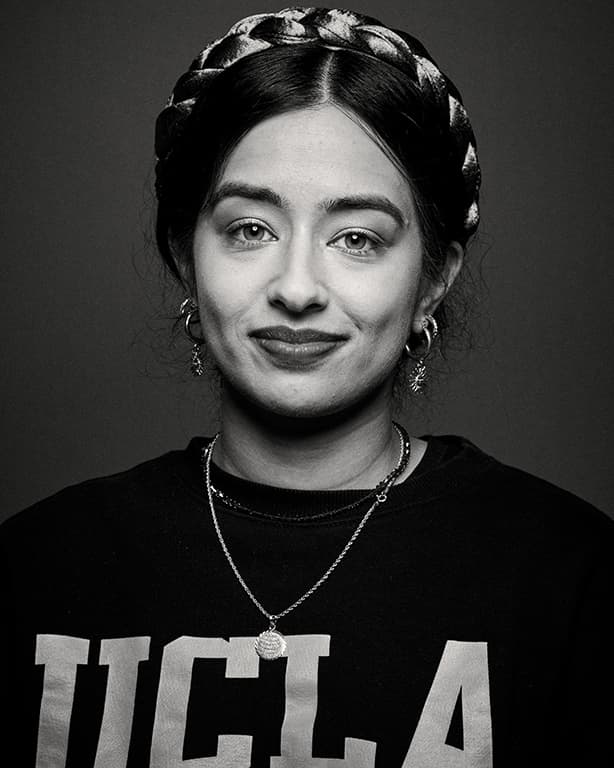
Maryam
Lots of people are open about talking about their problems, some people aren’t, and that is cool. It can be a difficult subject to talk about. Returning to the book, if it was published I would like all profits to go back to any charity I worked with. This would feel like a full circle on my photographic journey.

Simon
Why did you decide to shoot in black and white?
It’s a mixture of things. I love black and white photography anyway… it’s less distracting than colour. You are immediately drawn to the eyes and there is nothing confusing the image. It’s a very pure aesthetic and is also flattering to the subject.
Remember, I am shooting people are who are ill, so while I want to capture the real them, I want them to like the final image, too. Furthermore, if somebody is ill, there might not be a lot of colour in their face, so shooting in black and white ticks all these boxes.

Peter
What about the editing process?
None of the images were heavily manipulated and there was no skin smoothing or hair tidying. Retouching images is not helpful for people struggling with body positivity. I wanted to show how people look. I used a simple one light set-up with a plain background, as I can replicate that anywhere.
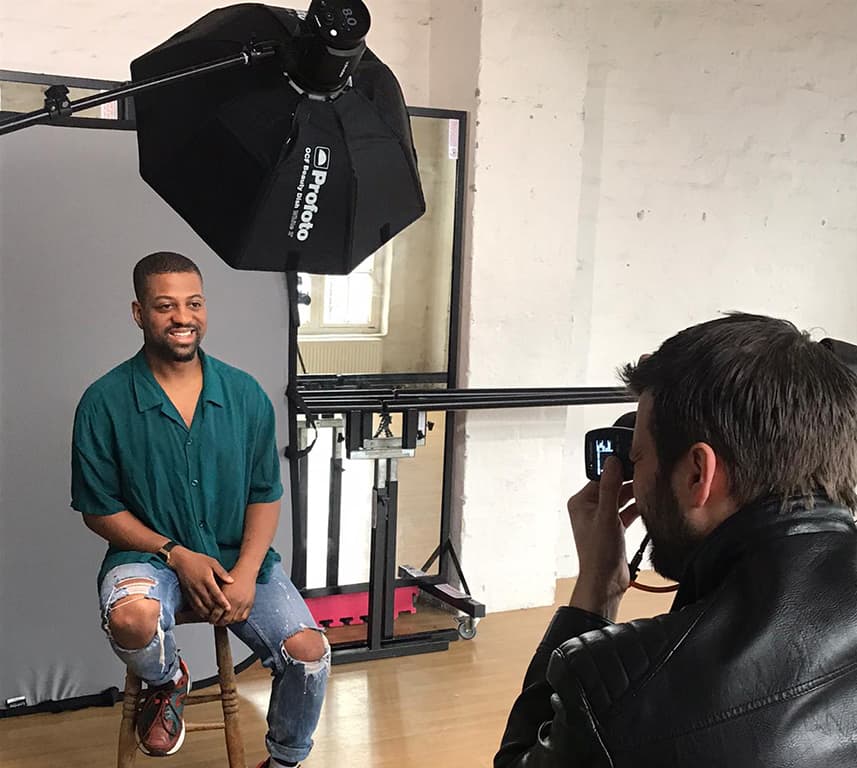
Alex at work
What camera and lighting gear did you use?
I used a Sony A7R III and Sony 85mm f/1.8 lens and a Profoto P10 strobe with an OCF wide beauty dish. I also used a collapsible backdrop. This could all be transported easily.
To learn more about Alex’s project, see here.
Further reading
How photography can help your mental health

